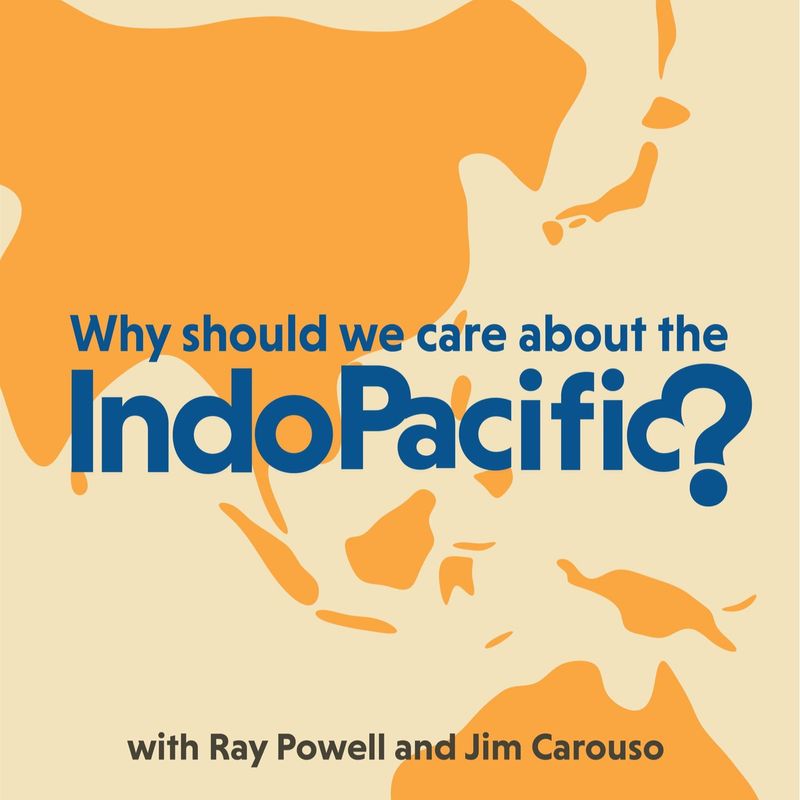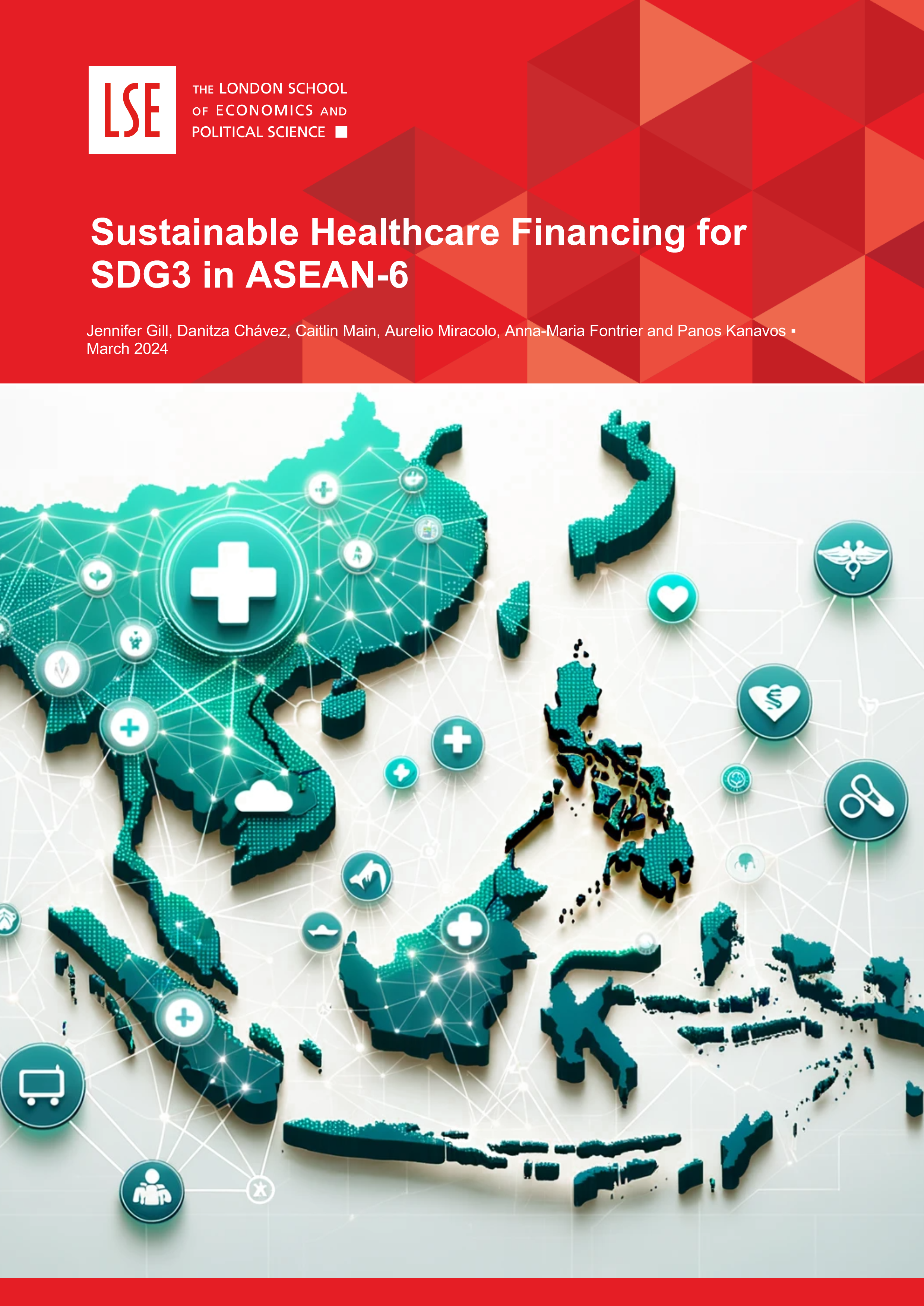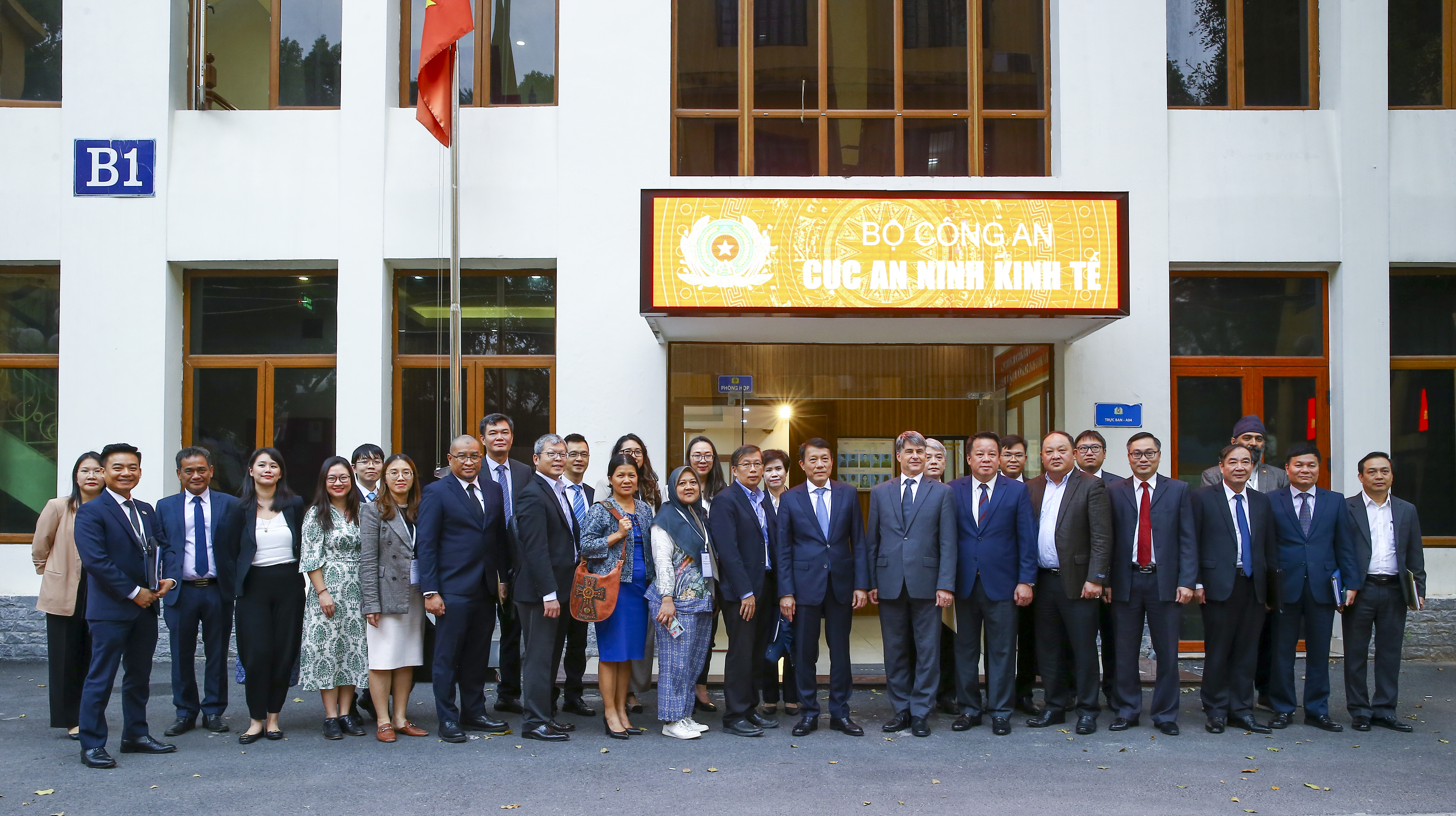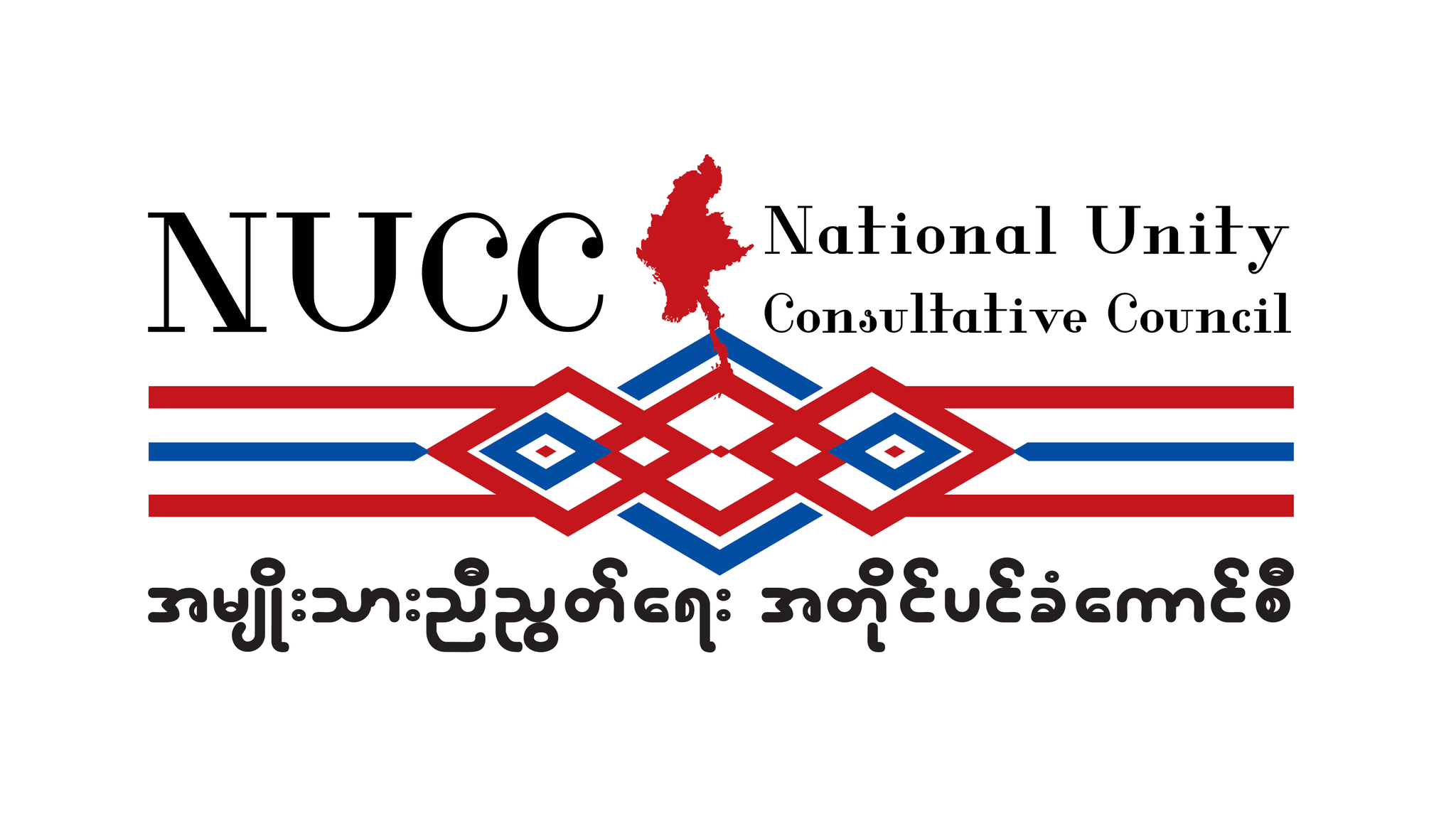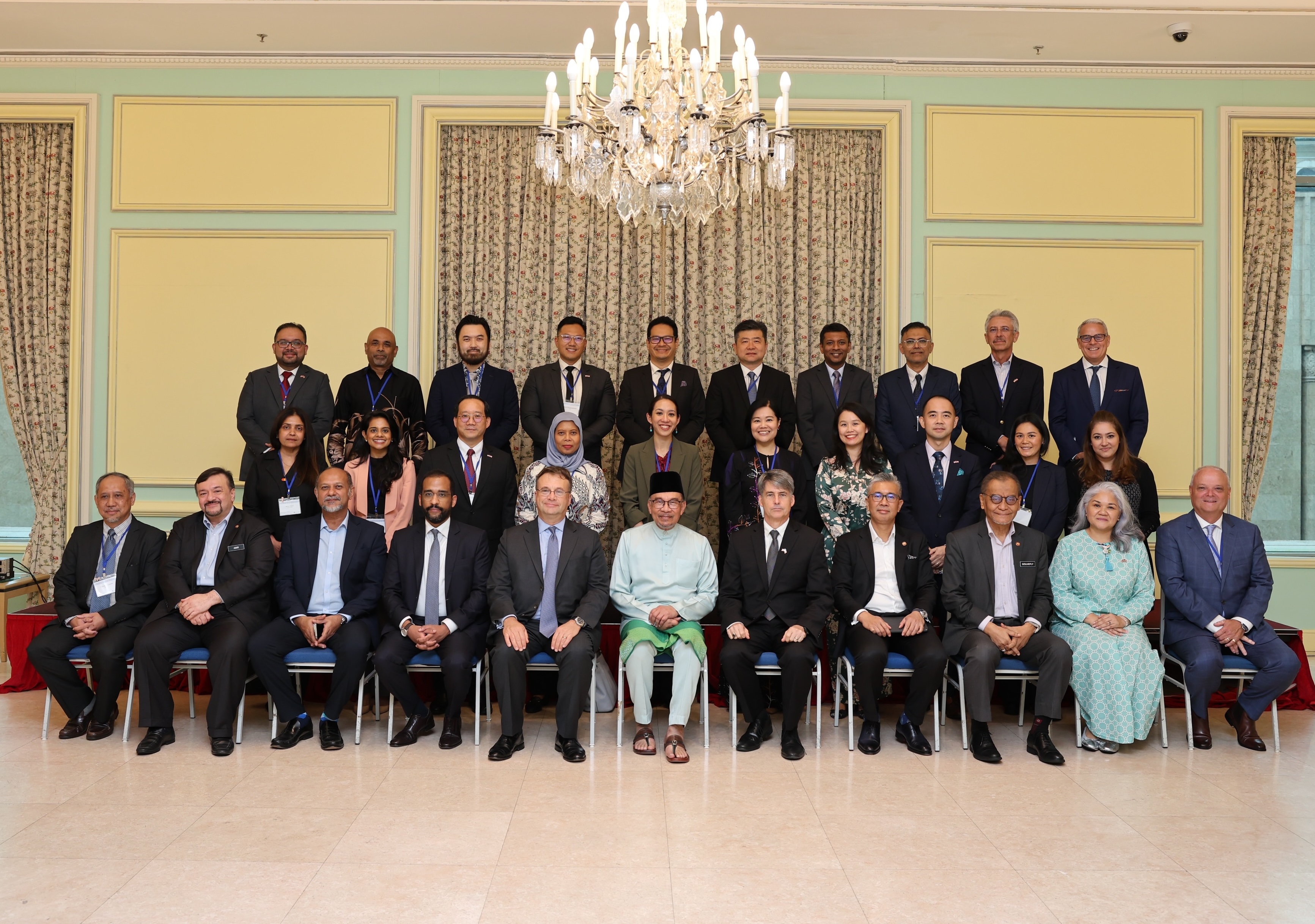President Biden to Host First Trilateral U.S.-Japan-Philippines Leaders’ Summit on April 11
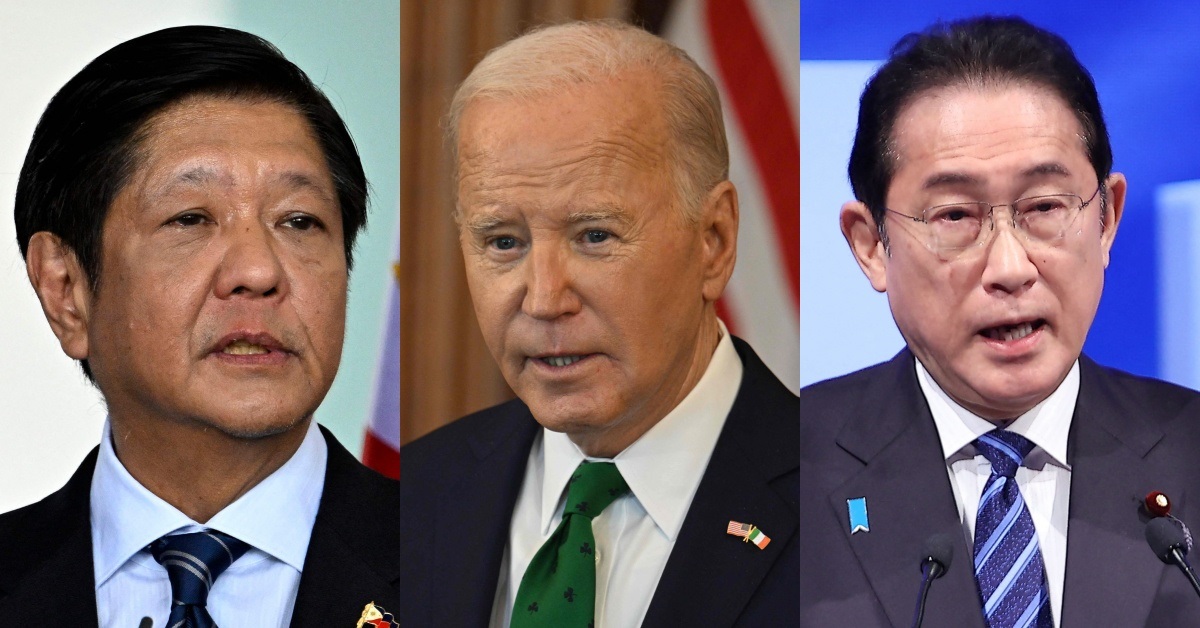
On March 18, the White House announced that President Biden will host Philippine President Ferdinand Marcos Jr. and Japan Prime Minister Kishida Fumio for the first trilateral U.S.-Japan-Philippines leaders’ summit on April 11. The summit seeks to foster inclusive growth, promote emerging technologies, advance climate cooperation, and bolster peace and security efforts in the Indo-Pacific region and globally. The upcoming trilateral leaders' summit marks another critical juncture in shaping geopolitical dynamics, with some analysts believing that this might prompt Manila to broaden its defense collaborations to further counter China’s regional influence. The US, Japan, and the Philippines is expected to launch joint naval patrols in the South China Sea later this year.
This trilateral summit follows the March 19 visit of State Secretary Antony Blinken to Manila, where he met with President Marcos and Foreign Affairs Secretary Enrique Manalo. Amidst more hostile clashes between Chinese and Filipino coast guards in the disputed South China, Secretary Blinken underscored the United States’ ironclad commitment to its defense obligations under the Mutual Defense Treat (MDT). Areas to deepen US-Philippine cooperation such as regional peace, economic prosperity, health, clean energy, semiconductors, and the digital economy were also discussed. Blinken’s visit represents the latest instance of a series of visits by senior American officials to Manila, which suggests that Washington aims to maintain a steadfast approach in strengthening the alliance in various fronts including defense, economic and technological cooperation.
In addition to the trilateral summit, President Biden will also host President Marcos to discuss the historic momentum in U.S. Philippines relations and other efforts to expand cooperation. During President Marcos' visit to Washington, the US-ASEAN Business Council and the U.S. Chamber of Commerce will jointly host a business forum on April 12. The forum aims to facilitate discussions on investment incentives, market access, sector promotion, sustainable development, economic growth, and related topics.



